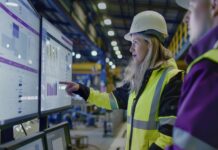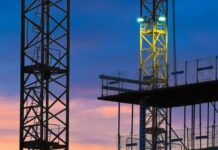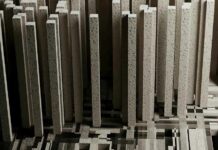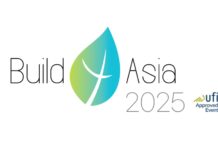Advanced materials manufacturer Fortera has secured $85 million in Series C funding to scale the deployment of its low-carbon cement technology that integrates with existing infrastructure.
The round included participation from previous investors Khosla Ventures and Temasek and first-time investments from Wollemi Capital, NOVA by Saint-Gobain, Presidio Ventures and Alumni Ventures. With operations at the company’s Redding ReCarb Plant underway, Fortera is positioned to move forward with additional plants that will produce ReAct green cement, which has 70 percent less carbon dioxide (CO2) per ton than ordinary cement, according to the company.
“Due to the scale of the industry, we won’t have an impact on emissions unless we have an economic pathway to expand globally,” says Ryan Gilliam, CEO and co-founder of Fortera. “With the launch of our first plant and the close of this funding round, we’re entering into the next phase of our development as a commercial project company to accelerate low- to zero-carbon cement deployment.
“It’s vital to have the financial means to put operations in place to commercialize our technology, and we are honored to have the backing and expertise of some of the most knowledgeable investment firms in project finance and the cement and concrete industry as we carve the path to zero CO2 cement.”
Fortera’s ReCarb process bolts onto existing cement manufacturing plants, captures the industrial CO2 emissions from traditional cement production and converts them to mineral form to achieve ready-to-use low-carbon cement. The company’s process integrates into established infrastructure, such as feedstocks, capital investments, logistics and sales networks, making the path to wide-scale commercialization shorter and more cost-effective, Fortera says.
The ReCarb technology operates at a significantly reduced kiln temperature and is compatible with renewable energy integration, further reducing emissions and enabling zero CO2 cement production.
Fortera says its technology results from over 100,000 hours of research and development, supported by over 100 issued and pending global patents and over a decade of real-world product testing. The company’s ReAct cement, a unique form of calcium carbonate created from mineralized industrial CO2, matches the strength and durability of ordinary cement. It also meets existing regulations and is ASTM-approved as a partial cement substitute. ReAct can be used alone or mixed with ordinary cement.




























